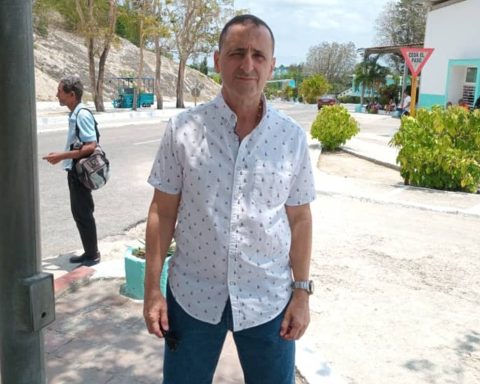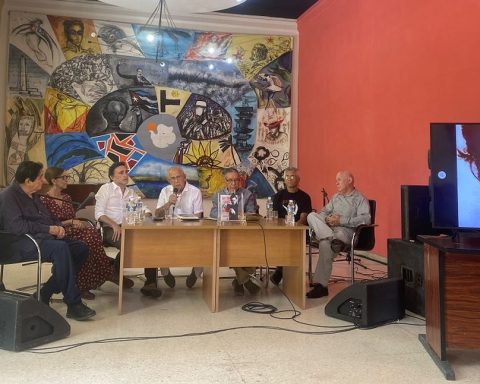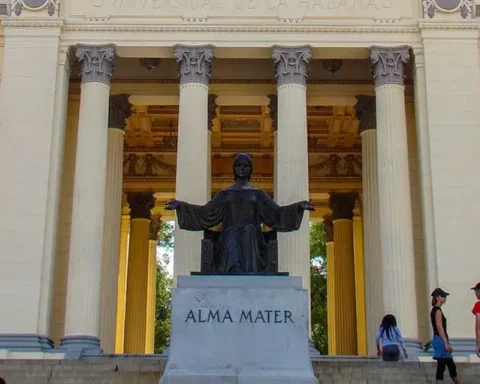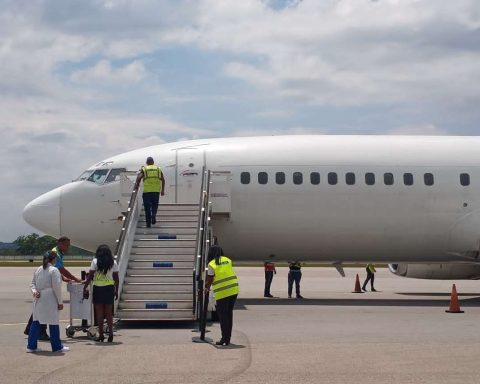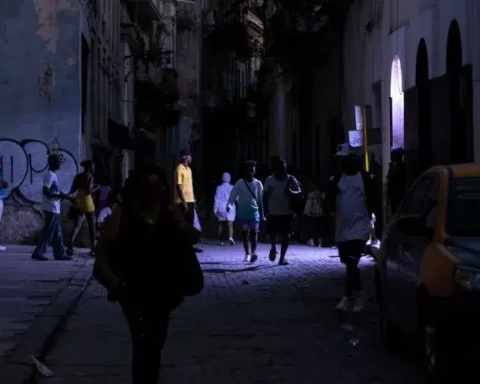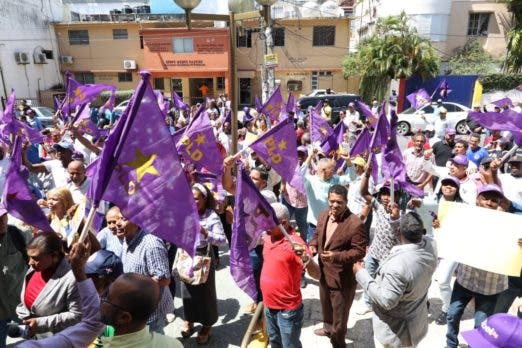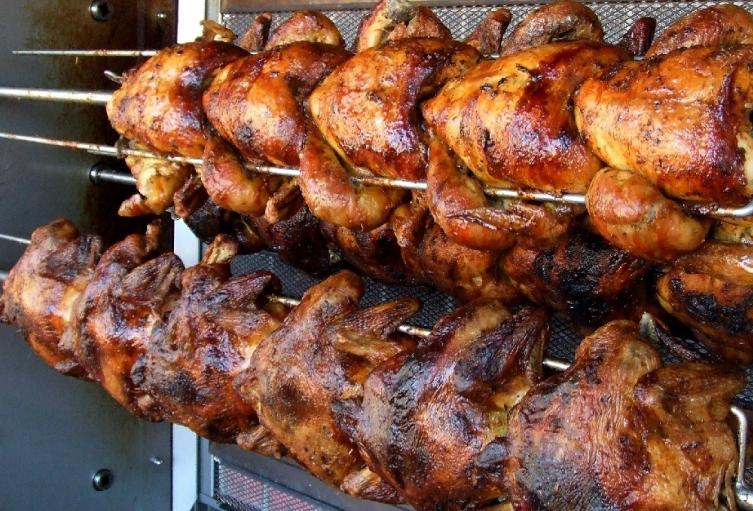As of March 2, 2023, those who illegally occupy a home in Cuba face the possibility of spending between six months and two years in prison, being subject to fines of up to 500 installments, or both. If in the facts violence is exercised or the action of the forces of public order is resisted, the penalties will be between two and five years of deprivation of liberty. And the fines, up to 1,000 installments.
So pray in the opinion 471/ 2023 of the People’s Supreme Court (TSP), which means a significant hardening of the procedure for the aforementioned cases. Until its publication and entry into force, those affected by housing occupation had to appeal to the so-called “administrative route”. Through it, it corresponded to the municipal housing directorates and the confrontation commissions of the municipal assemblies of the People’s Power to “execute the extraction” of the intruders.
But the system used to be slow. A reportage from the newspaper Vanguard June 2022 detailed how between 2008 and 2021 85 illegal occupation resolutions had been filed in Santa Clara. Of these, 30 were still pending solution.
The phenomenon tends to worsen due to emigration, population aging and housing shortages. Only in the first five months of 2022, eight files were opened for new occupations in that province. The average in the previous thirteen years had been 6.5 processes per year (2008-2021).
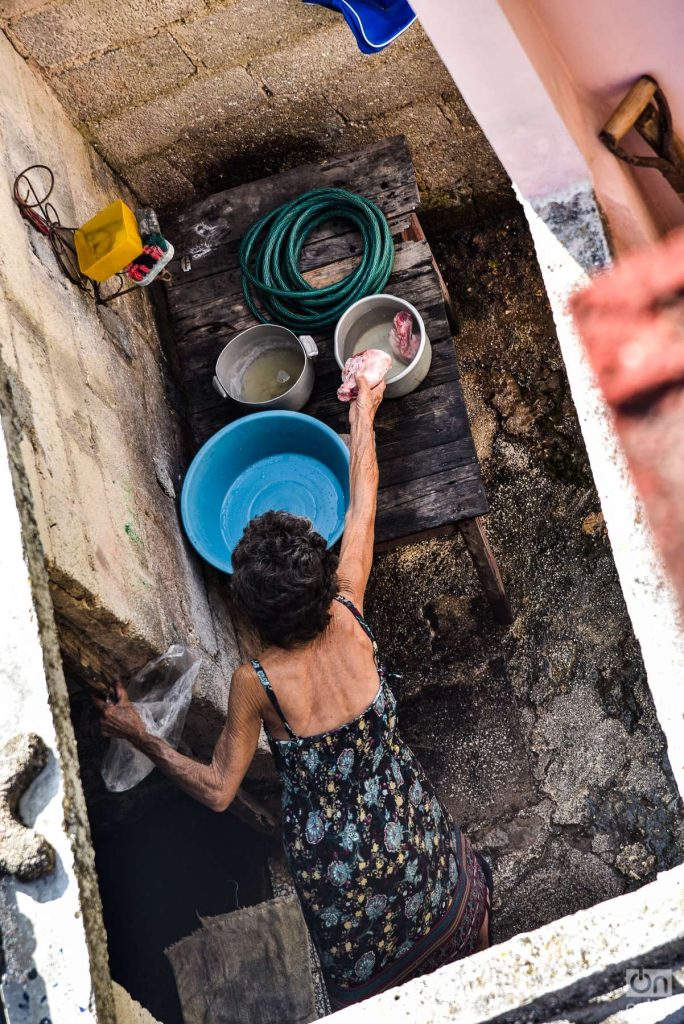
Some affected preferred to solve the problem themselves, rather than risk that the occupation of the house would be prolonged and the property suffer irreparable damage. This is what happened to Margarita Martínez, one of those interviewed by the Villa Clara newspaper. She managed to recover the house of her daughter who emigrated from her thanks to the fact that some relatives persuaded the two young women who had occupied it. Not before, however, the front door had been smashed and a security camera and its hard drive removed.
The TSP ruling issued in March authorizes the owners to file complaints for the crime of usurpation, which was previously reserved for the invasion of state property. According to the TSP, the decision responds to “criteria and concerns” raised by parliamentarians during the debates on the new Penal Code, in May 2022.
The grounds that supported that provision [la antigua preeminencia de la ‘vía administrativa’] they responded to circumstances and situations other than the socioeconomic conditions in which the country currently operates”, justifies the opinion.
With the new provision, the police are committed to intervening in the conflict. Previously, law enforcement was only involved when the situation turned violent; almost always to arrest those involved and very rarely to attend to the reason for the dispute, the occupation itself.
Less construction, more guarantees for emigrated owners
In 2022, 21,229 homes were built in Cuba, some 2,000 more than in the previous year; but just the 58% of projected. Non-compliance is greater if it is contrasted with the estimates of the Housing Policy in Cuba (2018). This was enacted to end the housing deficit on the island after a decade. According to its execution schedule, in 2022 48,143 houses had to be built and 37,827 rehabilitated. In short, the rehabilitations slightly exceeded 14,000.
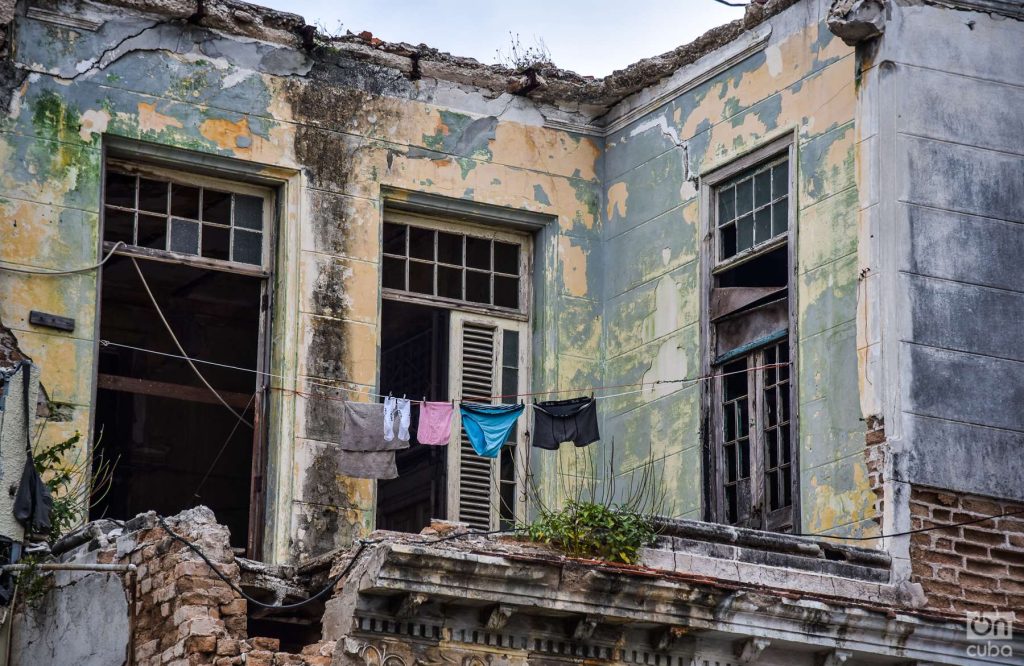
For 2023, the projections of the Policy were 52,162 new properties and 41,246 rehabilitations.
This is how it was thought in 2018, when the policy was projected. but one pandemic and four years of economic crisis have made the government more cautious in handling its expectations and the figures that materialize them.
The 2023 national plan has not yet been made public in March. Only some partial and provincial-level statistics are available.
At the end of February, during a video conference of the prime minister Manuel Marrero with governors and mayors, it was learned that in January 1,310 homes had been completed nationwide. In addition, that another 65 had pending the certificate of habitability due to delays in their connection to the aqueduct and electricity services, and the completion of their technical documentation.
“You cannot say that work is not being done, but we are not doing it well,” Marrero said then.
In 2018, the Housing Policy estimated the housing deficit (the sum of new homes and those that are to be rehabilitated) on the island at 929,695 units. Of these, 527 thousand should be new constructions. For works of this magnitude, it was estimated that 1.4 million tons of cement, more than 800,000 tons of steel and 1.3 million cubic meters of aggregates would be needed, among other resources that current economic conditions make it impossible to find.
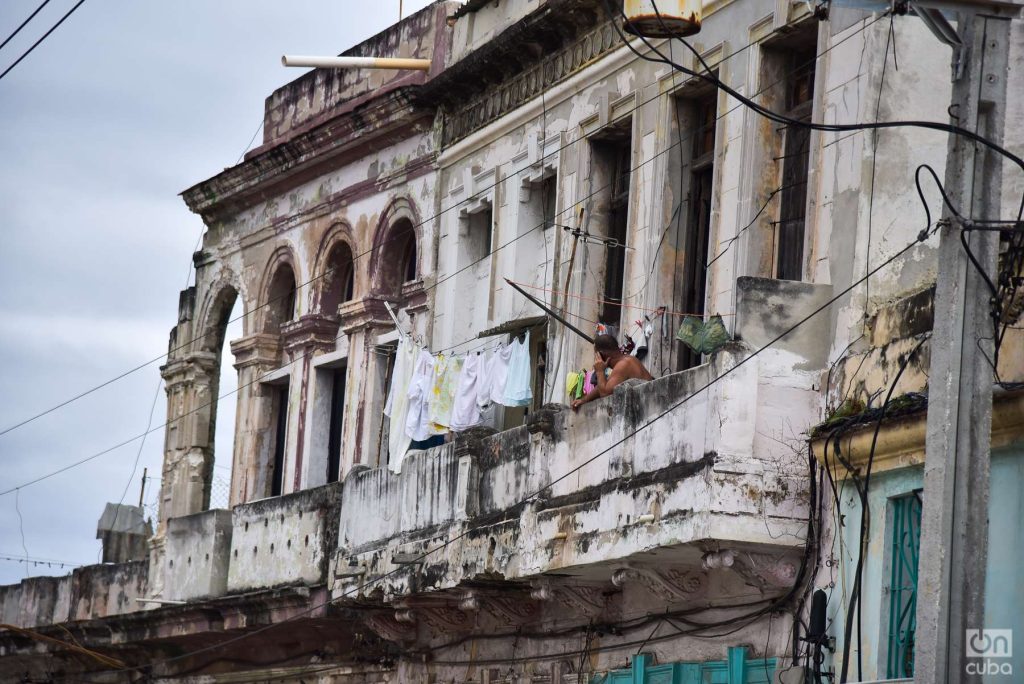
New proposals to modify housing regulations
In the midst of the described panorama, from time to time rumors circulate of a probable modification of the housing regulations. The most recurring is that of a commission made up of parliamentarians and lawyers that would reconsider the requirements for the exercise of property ownership. Currently, it is only possible to own a home in urban or rural areas, and another in beach areas. For the “active” exercise of ownership (without mediation of powers) it is necessary to have residence status on the island.
In November, the digital site 14 and a half quoted to a lawyer who declared that the objective of the commission is to suggest “changes that adjust to the current scenario of large numbers of emigrants.” The proposals would aim to ensure that residents abroad do not lose their rights as owners, and to allow a person to have more than one house in their name.
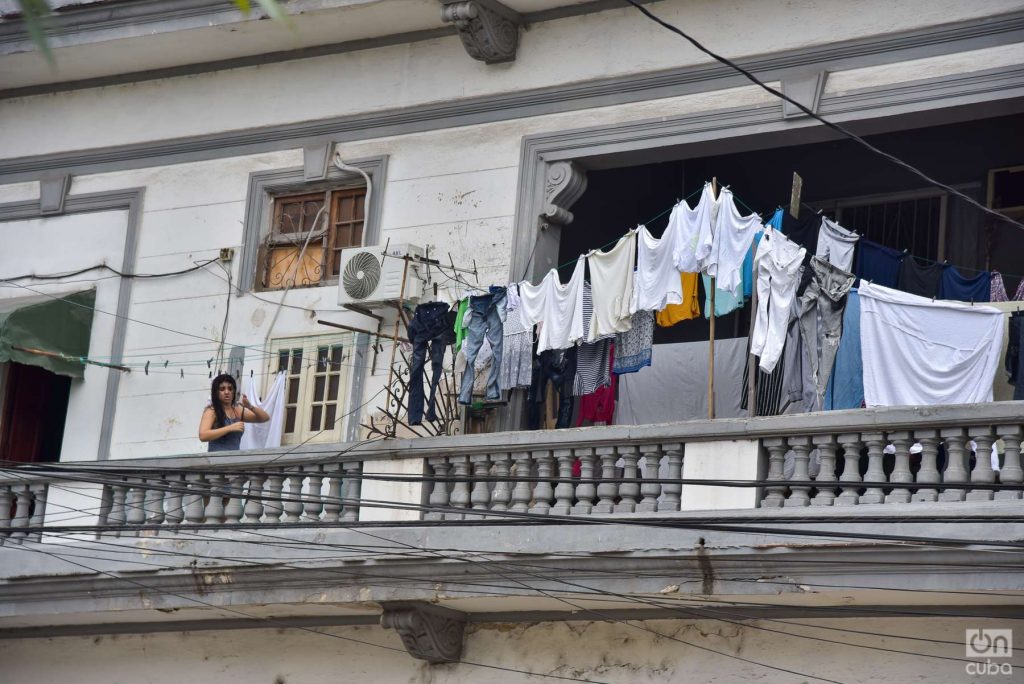
The note concluded with a reference to the large number of powers of attorney processed in the last two years, due to the increase in emigration of Cubans. “There is a case of a person who has several powers of attorney from several relatives and, on top of that, must physically take care of those homes that they have been left in charge of,” said an official.
Among the emigrants, a part did not want or could not sell the property. Others, despite residing abroad, have bought a house on the island.
“The home buying and selling market is very active; in fact, it is almost the only one that remains that way after the ‘fury’ caused by the Nicaraguan route,” says José Luis, a real estate broker. In Camagüey, he “manages on the ground” (he deals with the bureaucracy, too) sales often negotiated in Miami and other US cities. Usually, their clients come from two large networks: those who know each other previously, and those who get in touch through one of the pages either Facebook groups specialized in the subject.
The large number of members of the virtual groups shows that there is interest in investing in Cuba. However, due to the blockade, real estate agents registered in the United States cannot openly provide services to emigrants interested in acquiring a home in Cuba, my interviewee considers, that is why they go to real estate brokers.
“A lady that we recently helped with the procedures to exchange her house for a larger one with change, commented that despite having lived in the United States for more than ten years and being an American citizen, she greatly values the properties she has in Cuba. With $20,000 or $25,000 you can’t do much in the real estate market in the United States; but in Cuba yes”, concludes José Luis.
When the Cuban expropriation law, last December, there was no shortage of debates on social networks with a common denominator: “they are going to take away their houses” from the emigrants. But the prospects point to a radically different scenario. It is reflected in the promulgation of regulations that would favor the owners, whether or not they live in the properties. This is the case of the TSP opinion published in March.
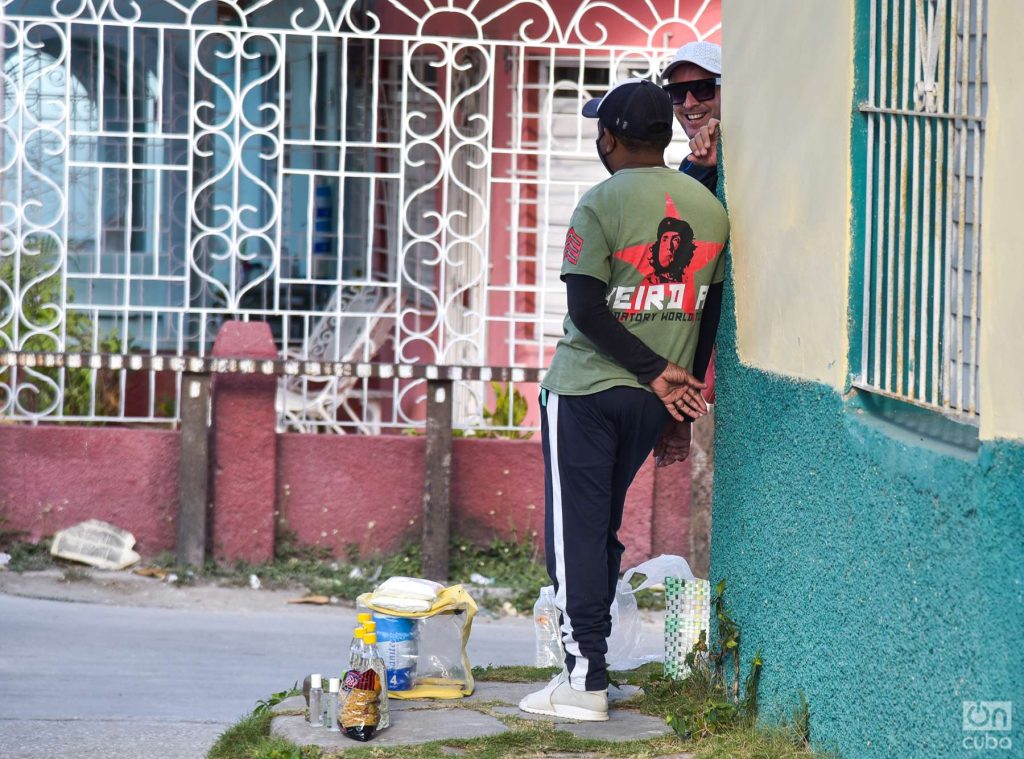
The scenario seems to point to the legal legitimization of facts such as the concentration of properties —which today is masked, in terms of ownership, through relatives and front men. In addition, indirectly, it would make it possible to bring positions closer to the emigrant community, a determining factor in the economic and social life of the country. In many cases this sector owns the ownership of farms and houses on the island.
It would be a profound reform, since until now the limit of one property per person and the requirement that its owners have permanent residence in Cuba have been fundamental stones of the legal architecture on the subject, based on the current General Housing Law.
The hypothetical relaxation of said Law would occur in a particularly difficult context. The studies that in 2018 founded the National Housing Policy calculated that more than 39% of the properties of this nature in Cuba were in fair or poor condition. In 2015, the average number of cohabitants by “households” —terminology used by the National Office of Statistics and Information— was of 2.91 people in Cuba. Taking into account the average, the condition of the housing fund and the estimated deficit of houses (over half a million units), it is inevitable to conclude that the housing conditions of approximately one and a half million Cubans are far from optimal, even decent in many cases.
The “penalization” of illegal occupations of real estate sends a signal about the line of action of the Government in the near future. In the absence of sufficient resources to solve the housing problem, efforts are concentrated on the regulation and management of the property. At least that gives the idea that “something is done.”
The reality, however, is that there is a lack of housing. And this circumstance will not change because the sanctions against illegal squatters are tightened or the concentration of such a basic asset in the hands of owners who are often absent is endorsed. Quite the contrary.

